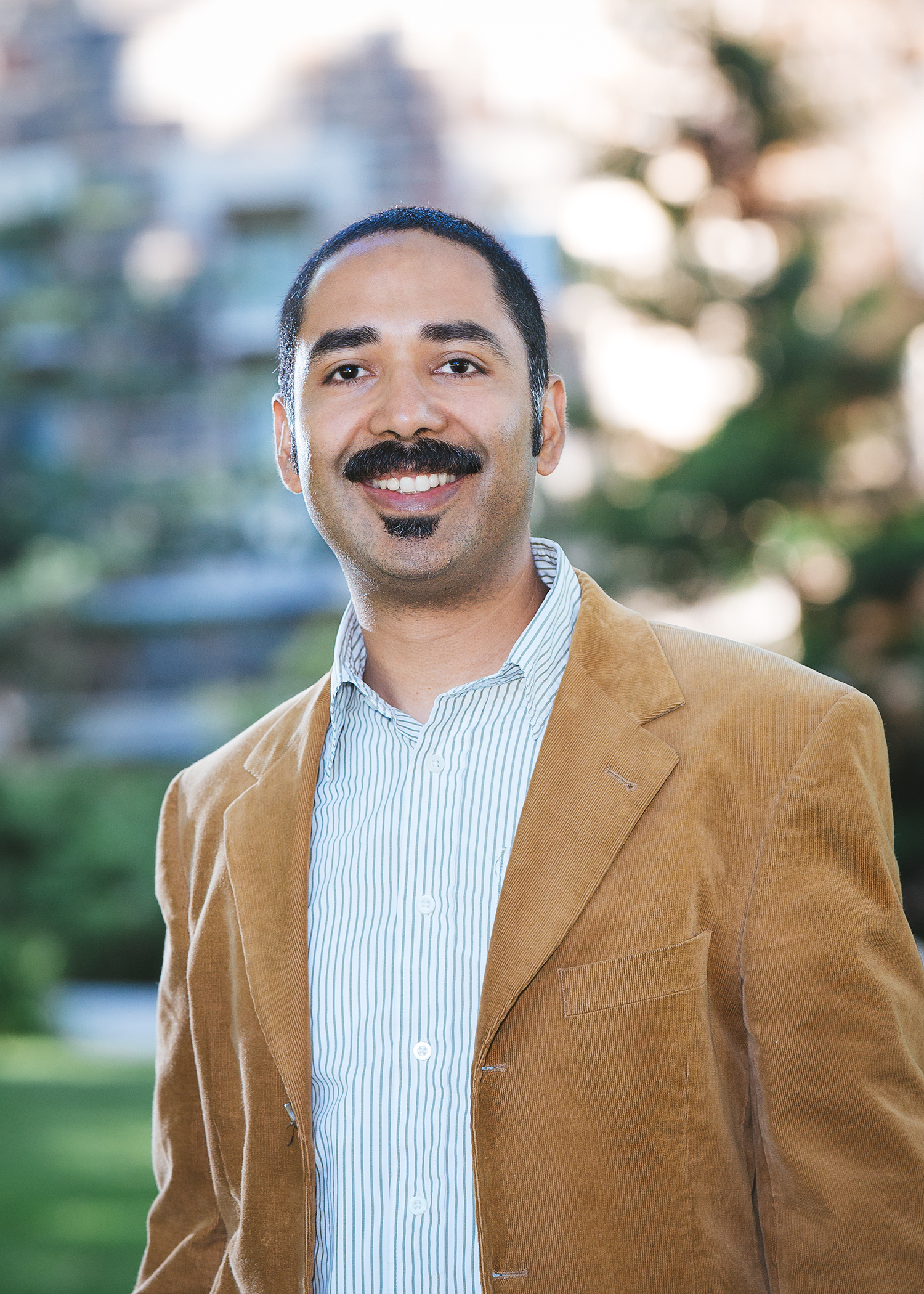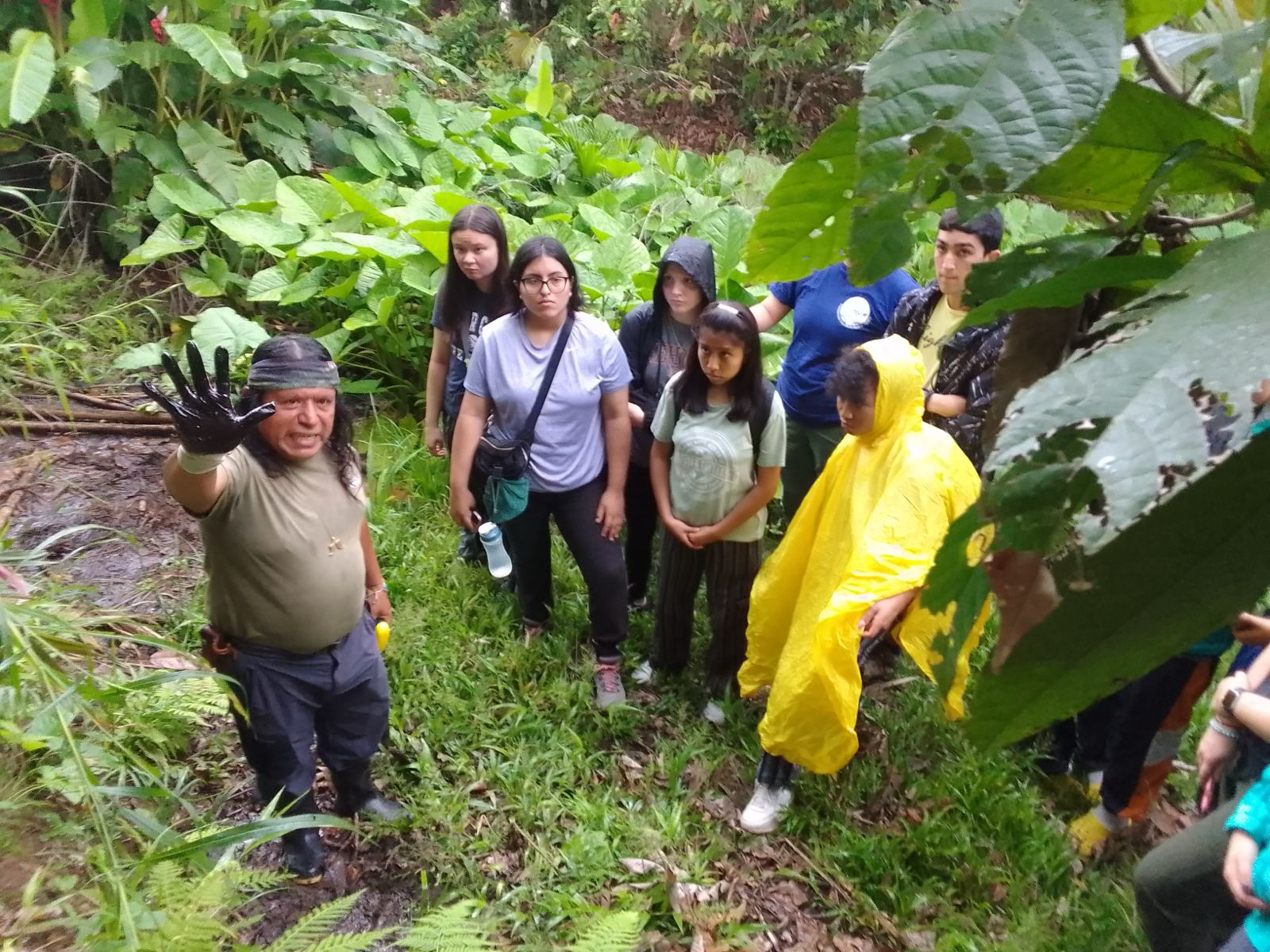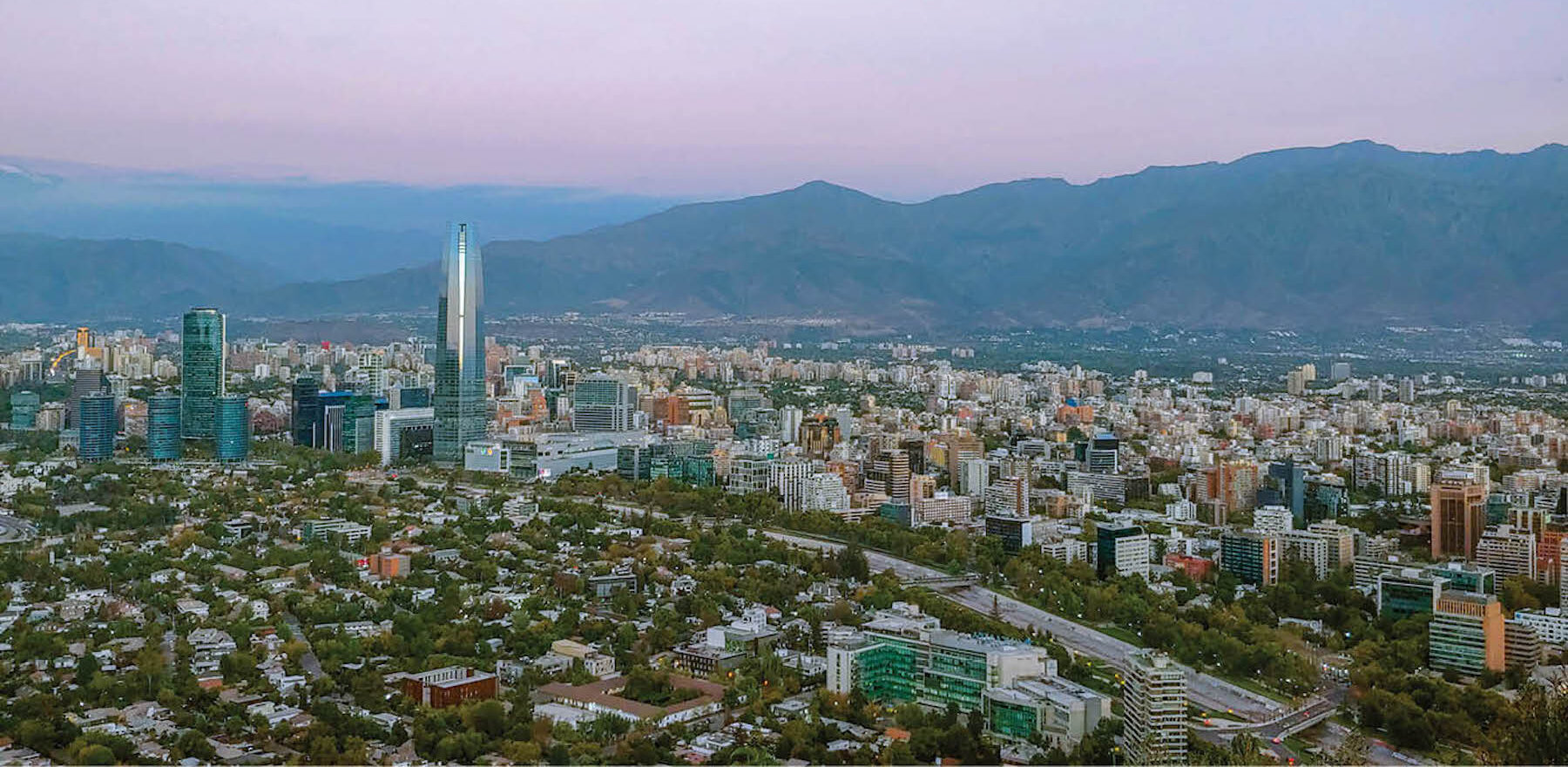Lehigh Launch, an experiential learning experience for first-year Lehigh University students, will be offered in Chile for the first time
Lehigh Launch will be moving to Chile after having been offered in Ecuador for the past two years.
An experiential, integrative learning experience for first-year Lehigh University students, Lehigh Launch will be offered to Chile under the guidance of Hugo Ceron-Anaya, associate professor of sociology, whose research expertise lies in Latin America.
As the new faculty advisor for Lehigh Launch Chile, he will guide the academic offerings for this program, which will take students out of the classroom and provide them hands-on, field-based learning in another country.

“Teaching these classes in Chile, to me, seems like a dream come true, because we can not only discuss these issues, but we can go and talk to researchers, visit the spaces in Chile, and go out and explore the local culture,” Ceron-Anaya said.
This unique opportunity for cultural immersion, language practice, and unforgettable learning experiences is run by Lehigh in partnership with IES Abroad. High school students and families interested in learning more or applying can read more at the Lehigh Launch website.
Ceron-Anaya spoke with Lehigh’s Office of International Affairs for this Q&A interview about his background, possible plans for Lehigh Launch Chile, and what he feels students can learn from this incredible learning experience.
Tell us a bit about yourself and your background.
I grew up in Mexico City, and I lived there until I was in my 20s. I attended graduate school in the U.K., living in Manchester for six years, where I made many Chilean friends and heard lots of stories about the cities and places there. I moved to the Lehigh Valley in 2008, and was hired at Lehigh University in 2014.
My own research is focused on Latin America, primarily abroad in Brazil and Mexico. I do research on social inequality, although instead of looking at the poor – as most scholars do – I do research looking at the wealthy; trying to understand how ,in some cases, the upper classes contribute to the reproduction of inequalities. I look at issues of wealth accumulation, income inequality, and racial privilege, analyzing how these elements hinder the development of more democratic societies.
Tell us about some of your academic work in Latin America.
I have several projects in which I’m working with local colleagues in Latin America. I spent last summer in Brazil on a Fulbright Specialist Fellowship, which supported my research of local Brazilian elites and how they promote these types of inequalities. According to United Nations data about income inequality, the two most unequal countries in the Americas are Brazil and the United States, in which there is wealth, but it’s highly concentrated.
In 2021, I won a fellowship in the Center for Advanced Latin American Studies (CALAS), a German-Mexican research center locate in Guadalajara, Mexico. I spent a semester there, where I met many Chilean colleagues with whom I hope I can develop projects when Lehigh Launch is in Santiago, Chile. I also published a special issue in a journal about racial privilege in Latin America, and one of the contributors was a Chilean colleague whom I want to invite to speak to us there.
How can classes you teach at Lehigh be integrated into the Lehigh Launch program?
For the last four years I’ve taught a class at Lehigh called “Race and Ethnicity in the Americas,” which takes a comparative approach looking at Latin America and the U.S. and how each side of the continent develops their racial and ethnic ideas. Students have reacted very well to the class; whenever it is offered, it gets filled very quickly. Now I’m excited about teaching the same class in Latin America. There is also a class I’ve taught for several years now called “The Latinx Experience,” a freshmen seminar, that I’ll be able to teach there as well. Teaching these classes in Chile, to me, seems like a dream come true, because we can not only discuss these issues, but we can go and talk to researchers, visit the spaces in Chile, and go out and explore the local culture.
How could the courses and offerings at Lehigh Launch Chile be structured?
The structure is not set yet, but there are a number of exciting possibilities. Perhaps we could go to Patagonia in the southern part of Chile, to visit the national parks and see the spaces that had been occupied by Native communities before they were expelled. I will be very interested in visiting native communities and chatting with local activists and scholars. In the case of the Chilean capital Santiago, you wouldn’t have to travel that far to visit Mapuche communities, the original native group living in what is central Chile nowadays.
There are a lot of really exciting things in Chile. They have the Atacama Desert, which is the driest desert in the world; much drier than the Sahara desert. They have one of the largest and most powerful telescopes on Earth – it’s literally called the Very Large Telescope, or VLT. I don’t know if it will be possible to go and visit it, but something like that would be very exciting, both for the research being conducted about outer space as well as the biological research being conducted on the plants and animals in the Atacama Desert.
Lehigh Launch was offered in Ecuador last year. With the program moving to Chile this year, why do you feel it’s important to keep this program based in Latin America?

When you look at the history of Latin American studies in the United States, there was an explosion of interest in the 1960s, when the United States was concerned about the Cuban Revolution and all these movements about the region, and whether we may end up with a bunch of communist countries around us. There was this feeling we needed to study them and try to understand how to prevent that, and so on.
Then after the turn of the 21st century, it seems that Latin America stopped being a quote-unquote “hot” area to study. However, I think the United States should start paying more attention to Latin America again for a multitude of reasons. There are economic reasons: after the pandemic and all the tension with China, you’re seeing more economic interaction with Latin America.
But more importantly, for our students, Latin American studies will help our students develop a sophistication about the world in a different way than they will find in European countries. In the cases of Ecuador and Chile, they’re going to find developing nations, with all the sort of problems that come with that, whether it’s issues of poverty, immigration, business, or ecology. The study of Latin America offers a lot of opportunities to look at paths that have already been tried in multiple ways.
What else would you like to say about Lehigh Launch Chile?
I will be in Santiago with my family. My kids are coming with me because I am convinced that this type of experience is life-changing. Experiencing a different culture and seeing how people do and perceive things in different ways, sometimes even in radically different ways, allows people to become more open, flexible, and creative.
In Santiago, for example, students will experience a reliable and efficient public transportation system, which in some cases can generate very interesting questions about the ecological benefits of a public system, prompting students to question why we do not invest in this type of infrastructure in the United States.
Beyond their social views, students will also be able to grow substantially in a personal way. Living in a different country, even for a short period of time, allows people to gain knowledge and confidence about their skills and abilities. As someone who has lived in three different countries on two continents, I strongly believe that this is a unique and fascinating opportunity.
